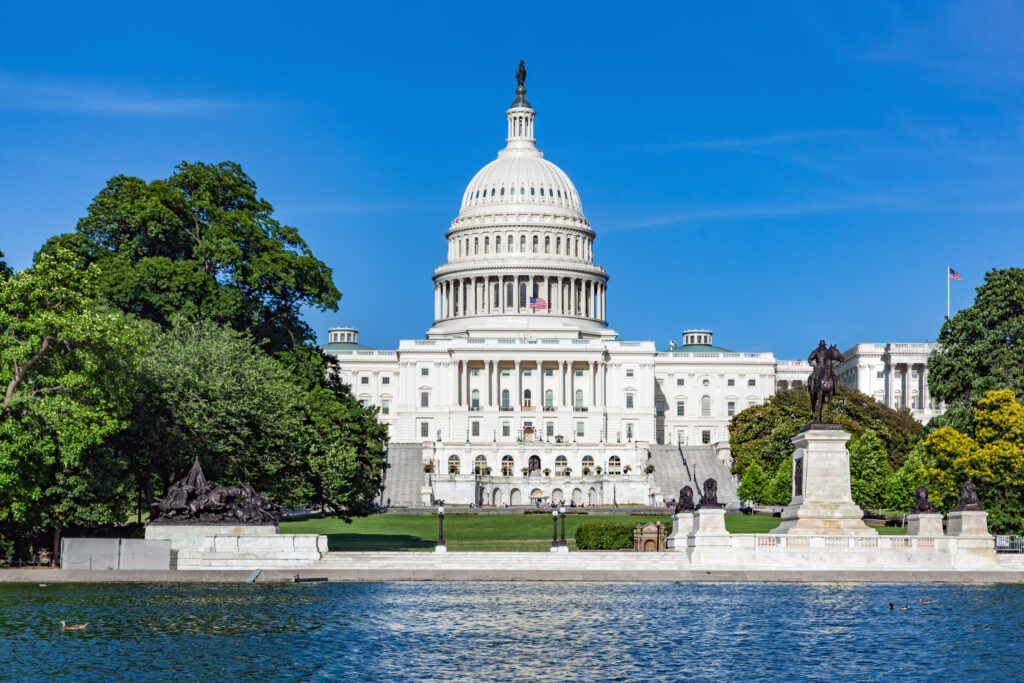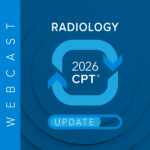Large employers will not have to enforce a mandate, but healthcare entities will.
Last Thursday, the Supreme Court said yes to one of the Biden Administration’s vaccine mandates, and no to another.
In a 6-3 decision, the Supreme Court temporarily halted the Biden Administration’s vaccine-or-test mandate that would have applied to private companies with 100 or more employees, sending it back to the lower courts for continued litigation. In general, the opinion from the Court was that a federal agency like the Occupational Safety and Health Administration (OSHA) did not have the authority to mandate sweeping requirements that could so broadly affect local and state economies.
In contrast, the Court did allow the Centers for Medicare & Medicaid Services (CMS) vaccine mandate that applies to facilities across the country that are paid by Medicare or Medicaid. In considering the CMS vaccine mandate, the court decided that the U.S. Department of Health and Human Services (HHS) was within its statutory authority to require vaccination. The CMS mandate, too, will continue to be litigated in the lower courts; the Supreme Court in this case simply did not stop the mandate from going forward while it is moving through them.
As a reminder, the CMS vaccine mandate requires that healthcare facilities participating in Medicare or Medicaid are fully vaccinated. Facilities include hospitals, of course, but also nursing homes, home health agencies, hospices, and ambulatory surgical centers, among others.
There are exemptions for employees allowed based on religious beliefs or recognized medical conditions, but there are no exemptions for an employee to test to get out of the vaccination.
Now, just to complicate things, the effective date for the CMS vaccine mandate differs depending on what state the facility is in.
In the 25 states that did not actually challenge the law, hospital employees have to be fully vaccinated by Feb. 28, according to CMS guidance published last Friday.
For the 24 states that challenged the CMS mandate, hospital employees must be fully vaccinated by March 15.
And then there’s Texas, where a preliminary injunction is still in place, so the Supreme Court’s recent decision did not apply. So at this time, facilities in Texas should not make any efforts to implement the rule, according to the CMS guidance.
If you’re now completely confused by the compliance dates, please check out the CMS guidance published on Friday. Frankly, the guidance is confusing too, but at least it’s written down somewhere.
Now, the Supreme Court did not consider the Biden Administration’s third vaccine mandate directed at all federal employees, contractors, and subcontractors. However, that federal employee mandate has been temporarily halted across the country by a lower court, so it too is not going forward at this time.
To reiterate, the Supreme Court last week made what was really just a temporary decision on both the CMS mandate and the OSHA vaccine-or-test mandate, allowing the CMS mandate to go forward and stopping the OSHA mandate.
However, all three mandates will continue to be litigated at lower courts and may even be heard again by the Supreme Court in the future.
The whole issue of vaccine mandates is a fascinating tug-of-war between our three government branches, executive, judicial, and legislative. However, these three mandates together could affect the lives of over 110 million workers. That’s a lot of lives to tug around.
Programming Note: Listen to Matthew Albright’s live reports on federal regulations Mondays on Monitor Mondays 10 Eastern, sponsored by Zelis.













